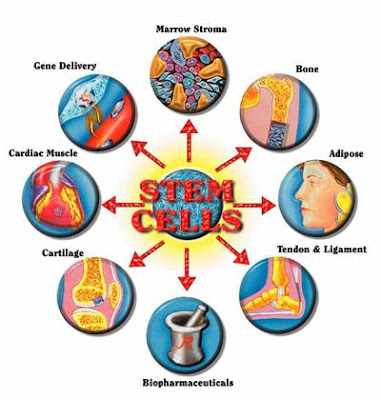
Reaction #11 - 1/3/08
Topic: Should housewives be paid for their work?
Background Info: The ideas of traditional family roles have changed markedly since the entry of women into the labor force. As the notion of 'natural' family roles has decreased so the awareness of the vital and sizable quantity of unpaid work home-keepers (still predominantly women) do has increased. This raises questions about how voluntary and unpaid, or contractual and marketized the divisions of labor in family life should be.
Directions - go to the following LINK and read over the arguments.
YOUR REACTION: Based on your research, develop an argument FOR or AGAINST housewives being paid for their work. Be prepared to discuss your argument with the class.





